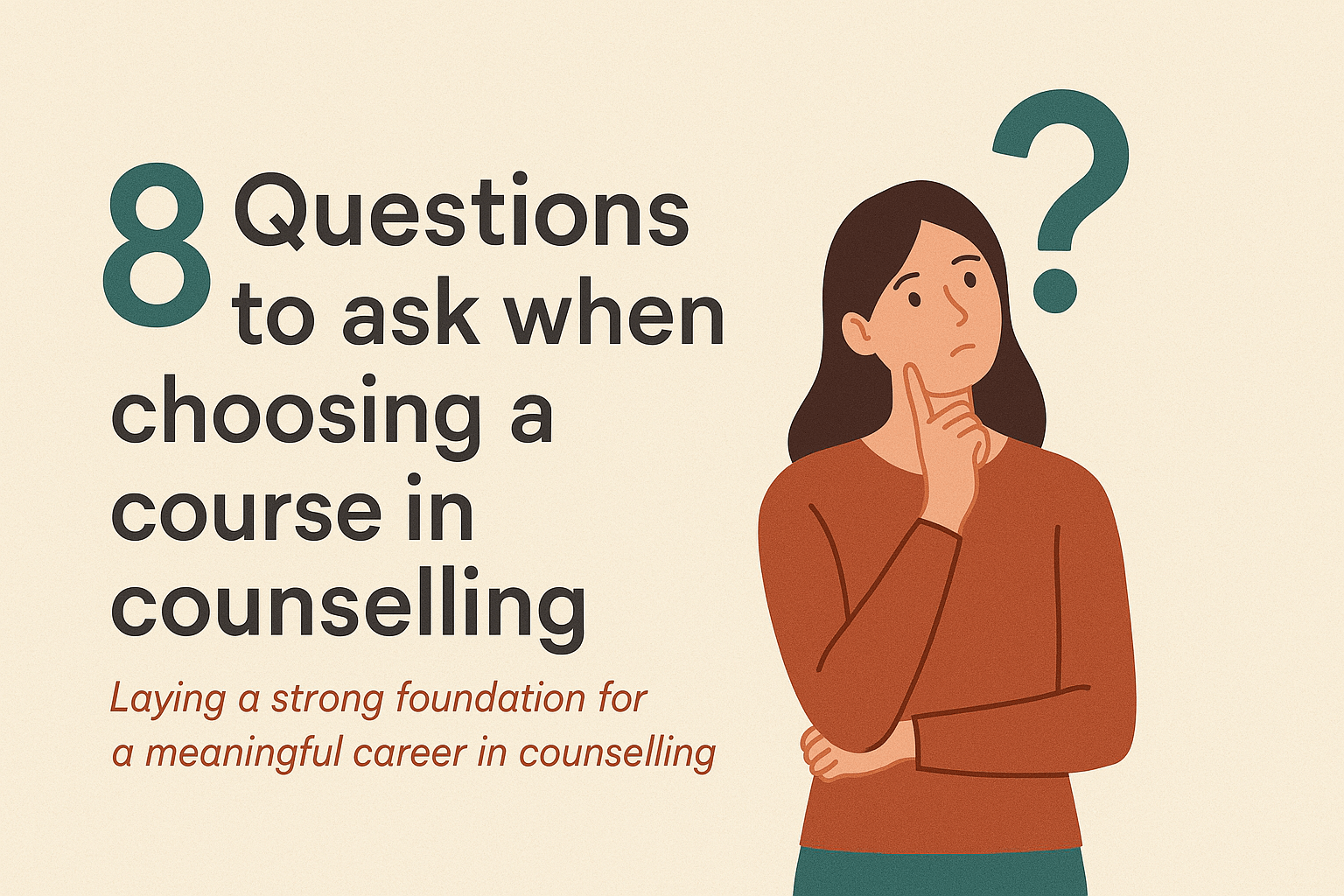Why Every Humanitas Supervisor Is a Social Worker – and Why It Matters
At Humanitas, we take supervision very seriously.Our interns are entrusted with real people, real stories, and real pain. The quality of the thinking behind every counselling session matters just as much as what happens in the room. That is why we made a deliberate decision: all our supervisors are social workers.This is not because other











